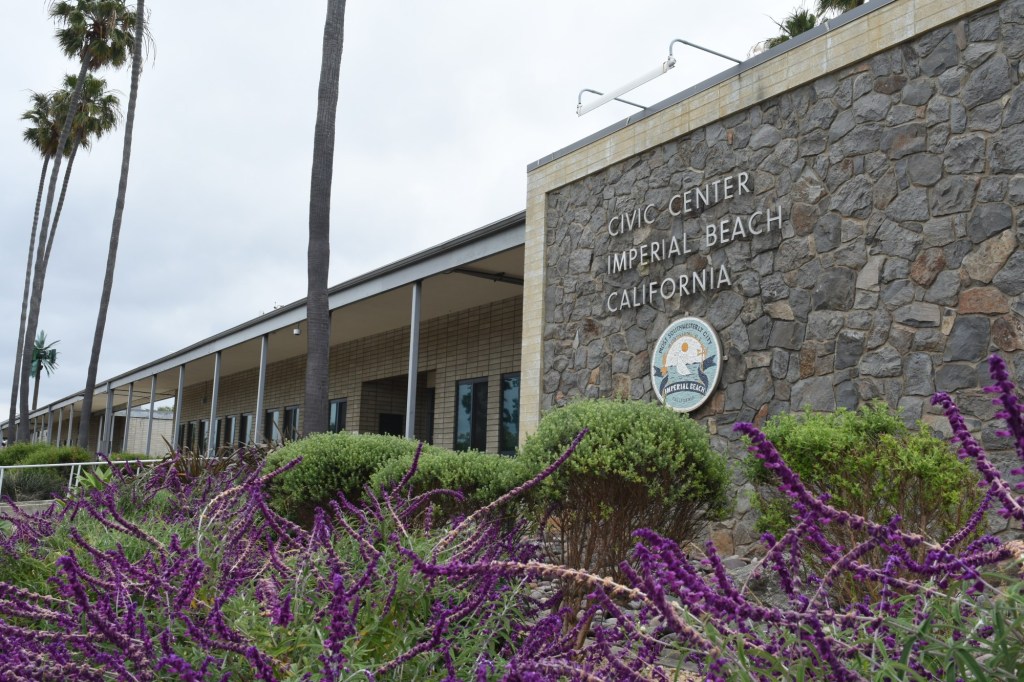

Imperial Beach is the latest city in San Diego County to adopt tenant protections against no-fault evictions.
In a split vote Wednesday, city leaders gave final approval to the new rules, which landlords, tenants and advocates of both sides have repeatedly opposed.
The law aims to limit “substantial remodels” as valid reasons for evictions to prevent the displacement of residents in a region already “experiencing a housing affordability crisis and a humanitarian crisis of homelessness,” the city ordinance says.
Specifically, the Imperial Beach rules go slightly further than California law under Assembly Bill 1482 when defining substantial remodels. The state says that cosmetic improvements alone, such as painting, decorating and minor repairs, do not qualify as substantial rehabilitation. The city says replacing flooring, cabinets or windows, and removing interior wall coverings to add insulation also do not qualify.
The ordinance also requires landlords to pay tenants two months’ relocation expenses (one month of current rent and the other at market rate) if they evict them for “no-fault” reasons. Elderly and disabled tenants would receive up to three months’ payment (two at market rate and one at current rent). State law requires landlords to give their renters one month’s rent or waive the same amount to help them move out.
Unlike “at-fault” reasons, such as not paying rent or breaking one’s lease agreement, “no-fault” lease terminations include when a renter is ordered to leave because the owner will demolish or substantially remodel the unit, the owner plans to move in or remove the unit from the rental market, or to comply with a court order that the tenant must leave.
For months, dozens of tenants from at least two apartment complexes have pleaded with city officials to protect them against so-called “renovictions.” They’ve argued that some landlords are using cosmetic work reasons to evict long-standing renters and subsequently increase rents.
Much of those arguments played out again before the City Council Wednesday. Tenants and advocates said the ordinance does not go far enough and that officials should have instead passed a ban on no-fault evictions for substantial remodels. They also unsuccessfully pushed for a retroactive ordinance to help residents at “The Swell” apartments who were ordered to leave next month.
Landlords, including The Swell’s John Hine, told council members that the rules will make it harder and more expensive for property owners to make necessary repairs and discourage future investment in Imperial Beach, whose population is about 70 percent renters.
Following an initial vote last month, Councilmembers Carol Seabury and Mitch McKay again voted against the rules, arguing that state law already provides clear guidelines.
“I said this before and I’ll say it again, in my opinion, this didn’t go far enough, but it went as far as it could,” Mayor Paloma Aguirre said about the ordinance.
The ordinance, which follows similar ones adopted in Chula Vista and San Diego, takes effect next month.





